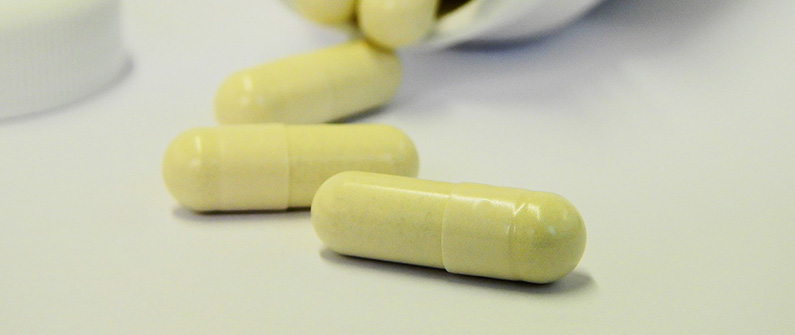
Theanine is an amino acid that’s cited for its ability to calm the mind and body without sedating it. It’s something I’ve seen in an increasing number of sleep supplements, including my favorite brand of ZMA (see why it’s my favorite here) and Alpha BRAIN, a nootropic formula I’ve found can benefit my sleep under the right circumstances. (User mileage will definitely vary with that one, but I liked it!) But is theanine the same as l-theanine, the form seen on many supplement labels?
Technically, l-theanine is a particular molecular form of theanine (called an enantiomer, if you want to get technical). It’s the form found most commonly in teas, and it’s also the form most closely linked to the benefits of relaxation. L-theanine has also been shown to be synergistic with caffeine, meaning that when taken together, they accentuate the mental energy boost while potentially reducing the “jitters” some people feel when taking caffeine on its own. That could be a reason why many people enjoy green tea for its calming effects and the effects it has on focus.
D-theanine is also a fairly common form of theanine (they’re chemical mirrors), but it’s not as well studied as l-theanine when it comes to the changes on mental state or relaxation. When I’m looking at sleep supplements, I’m looking for l-theanine specifically (Though “theanine” and “l-theanine” are almost used interchangeably in the supplement world, it isn’t always, 100% the case, so it’s worth checking the label.)
So while theanine and l-theanine are often referred to interchangeably and are referring to the same amino acid, it’s worth double-checking the label. Most reputable supplement companies will list the specific form, and when I’m reading a label, I’m looking for l-theanine.
